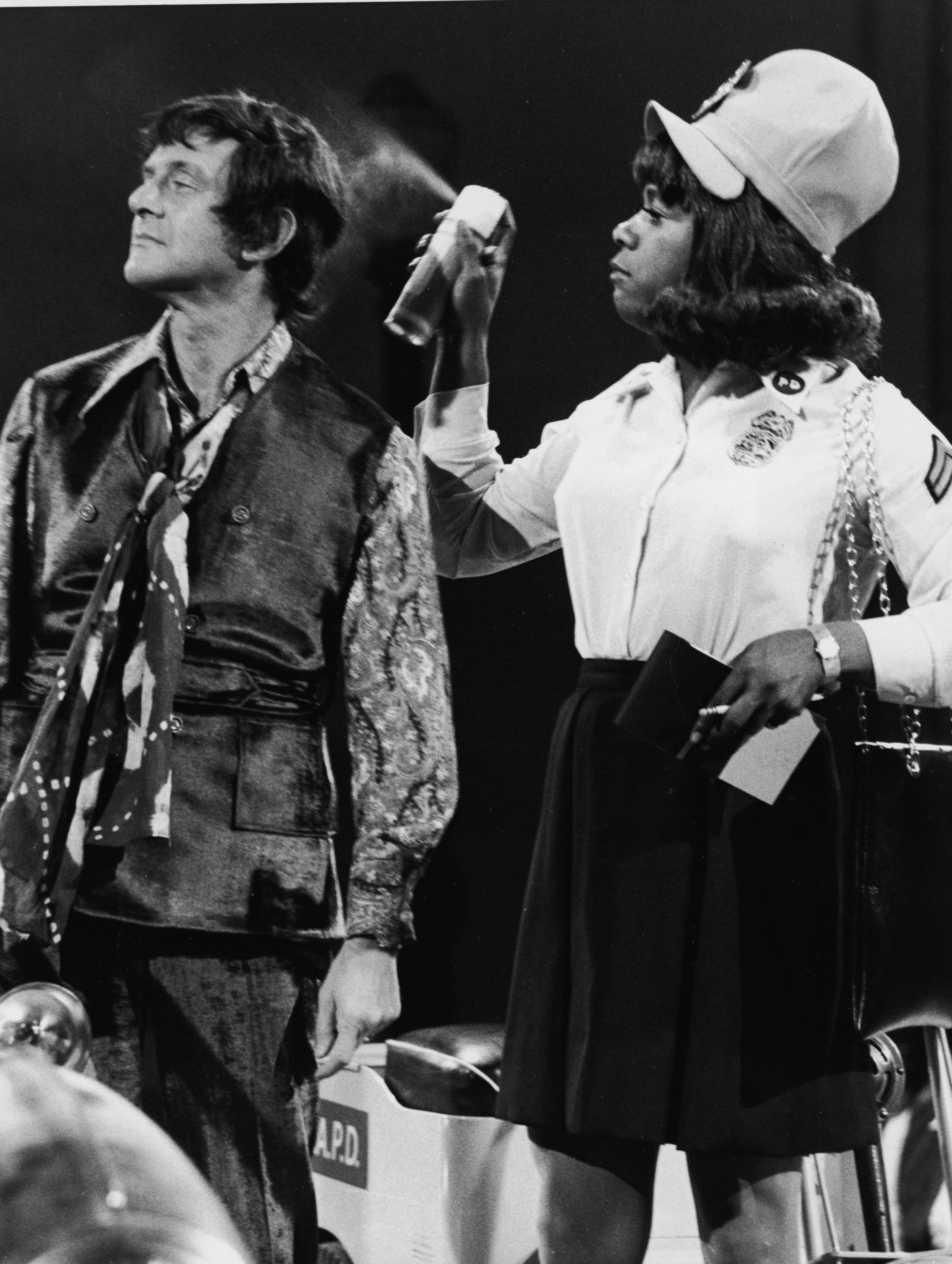Who was the man behind the legendary comedy routines that left audiences in stitches? Flip Wilson, born Clerow Wilson, emerged from a life of hardship to become one of America's most beloved comedians. A trailblazer who broke racial barriers with his humor and charisma, Wilson’s impact on television and entertainment remains unmatched. His journey from extreme poverty to stardom is nothing short of inspiring, as he used laughter to unite people across cultures and generations.
Flip Wilson's rise to fame began with his unique comedic style that combined storytelling with clever wordplay. Unlike many comedians of his time, Wilson avoided crude jokes and instead focused on relatable narratives that resonated deeply with audiences. This approach earned him widespread acclaim and allowed him to perform on platforms like The Ed Sullivan Show, where his clean humor fit perfectly with the family-oriented audience. Born into extreme poverty in Jersey City, New Jersey, Wilson faced numerous challenges early in life. Abandoned by his mother at age five, he spent years moving between foster homes before dropping out of school at sixteen. It was during his time in the Air Force that he discovered his passion for entertaining others, earning the nickname Flip from fellow troops who admired his talent.
| Personal Information | |
|---|---|
| Full Name: | Clerow Wilson |
| Date of Birth: | December 8, 1933 |
| Place of Birth: | Jersey City, New Jersey |
| Occupation: | Comedian, Actor, Writer |
| Years Active: | 1950s–1990s |
| Spouse: | Cookie Mackenzie |
| Career Highlights | |
| Notable Works: | Flip (1970), Uptown Saturday Night (1974), The Fish That Saved Pittsburgh (1979) |
| Achievements: | First African American to host a successful weekly variety show on network television |
| Legacy: | Flip Wilson Scholarship Trust established in 1999 to support communications students |
Wilson's transition from stand-up comedy to television solidified his status as a cultural icon. In 1970, he launched The Flip Wilson Show, which became a ratings sensation and showcased his ability to blend humor with social commentary. Characters such as Reverend Leroy and Geraldine Jones became household names, each offering a fresh perspective on contemporary issues while maintaining an air of lightheartedness. Despite the show's success, Wilson remained grounded, attributing much of his achievements to hard work and perseverance. His interactions with fellow entertainers, including Johnny Carson, revealed not only his comedic genius but also his humility and respect for others in the industry.
Beyond his career in entertainment, Flip Wilson left an indelible mark through philanthropy. Recognizing the importance of education, he established the Flip Wilson Scholarship Trust in 1999. This initiative provides full annual scholarships to communications students at several prestigious institutions, ensuring that future generations have access to opportunities they might otherwise miss. California State University, among others, benefits directly from this generous endeavor, reflecting Wilson's commitment to nurturing young talent and fostering diversity within the field of media.
The legacy of Flip Wilson extends far beyond his comedic performances. He paved the way for countless African American artists by proving that representation matters in mainstream media. Through his groundbreaking variety show, he challenged stereotypes and demonstrated that humor could transcend racial boundaries. Even decades after his passing, his influence continues to inspire new comedians and performers who strive to follow in his footsteps. Albums like Flip Wilson Vol. 4 and Flip Wilson Vol. 5, produced by Daniel Crawford, serve as testament to his enduring appeal and timeless artistry.
In interviews and public appearances, Wilson often spoke about the power of laughter to bring people together. Whether performing live or appearing on late-night talk shows, he consistently delivered material that appealed to diverse audiences. His ability to connect with viewers stemmed from his authenticity and willingness to share personal experiences through his craft. For instance, when recounting stories from his childhood or military service, Wilson transformed potentially somber topics into moments of levity, illustrating how adversity can shape character and lead to triumph.
Although Flip Wilson passed away in 1998 at the age of 64, his contributions to comedy and society remain celebrated today. As one of the first African Americans to achieve sustained success as a television host, he shattered glass ceilings and opened doors for others in the entertainment industry. His death marked the end of an era, yet his spirit lives on through the laughter he inspired and the lives he touched. From humble beginnings in Jersey City to becoming a household name nationwide, Flip Wilson proved that determination and creativity can overcome even the greatest obstacles.
Ultimately, Flip Wilson's story serves as both a reminder of the transformative power of humor and a call to action for aspiring artists everywhere. By embracing their unique voices and leveraging their talents for good, individuals can create lasting change in the world. Through his pioneering efforts, Wilson showed us all what it means to use comedy not just for entertainment but also as a tool for progress and unity.



